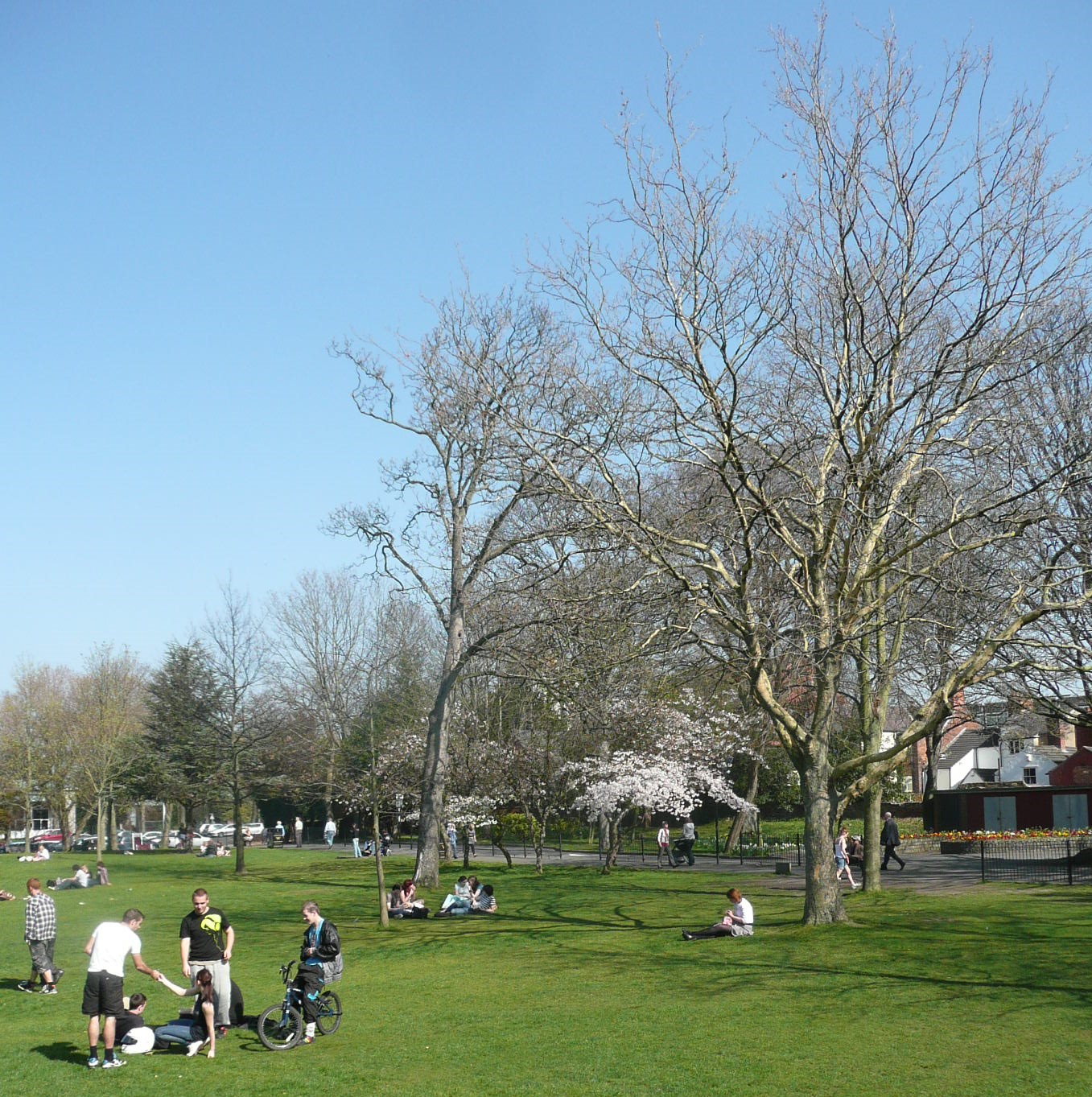Summary
Our research explores the value of different tree and forest ecosystem services and uses innovative methods to identify and capture those values. For example:
1. Seven high-level cultural ecosystem benefits have been identified from 56 studies across different European countries: health, learning, social connections, connections to nature, sensory benefits, cultural and symbolic, and economic benefits.
2. Shared values bring a new perspective to forest management decision-making. These are values that people hold as a group, community or as a society, and are different from individual values.
3. The first study on the flood-risk reduction benefits of the UK woodland estate estimated a value of approximately £6.5 billion per year (£2,600 per ha) based upon a replacement cost approach. A review of evidence on water quality improvement associated with planting trees found that creation of woodland buffers reduced nitrate concentrations by over 70% on average in oceanic climates such as the UK’s. The strength of the effect is strongly related to the width of the buffer.

General Content
Publications, papers and information on valuing and governing tree and forest ecosystem services:
Cultural ecosystem services, values and benefits
Children and young people’s engagement with nature
Active forest programme evaluation
Evaluation of the Westonbirt Arboretum community inclusion programme and visitor experience
How nature is helping Swedish migrants integrate
Policy ‘nudges’ to encourage woodland creation
Valuation of Welsh forest resources
Valuing flood regulation services of existing forest cover to inform natural capital accounts
Payments for Ecosystem Services Forest for Water (PESFOR-W)
Treezilla
Harvested wood products and carbon substitution
Quantification and valuation of ecosystem service provision of urban trees
Funding & Partners
- Scottish Forestry, Forestry Commission England and Natural Resources Wales
